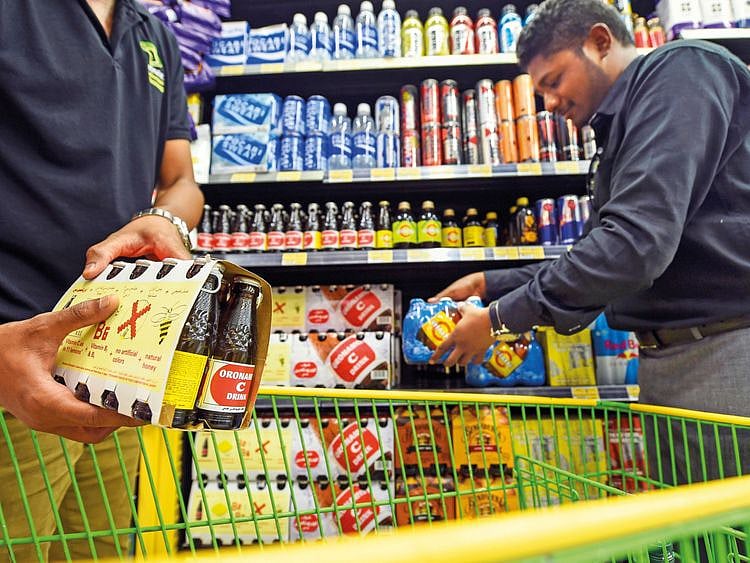UAE excise tax: Hitting smokers where it hurts
Excise taxes only affect those who continue to ignore health warnings

Since Sunday, new excise taxes at a rate of 100 per cent have come into effect across the UAE on a range of tobacco-based products, electronic smoking devices and energy drinks, and 50 per cent on sweetened and carbonated drinks. Unless you’re a consumer of these products, the new taxes will have no effect on you. If you smoke, vape or consume sugary drinks, you will feel the impact.
From a public health perspective, these taxes are paid at the point of purchase by consumers — and as such affect only those who directly use these products. As such, the excise taxes are a very effective means of getting consumers to change their thinking and take positive steps to improve their health. We all know the dangers of tobacco use.
For many years, public health campaigns and education awareness programmes have tried to bring home the message that smoking can seriously damage your health. Public health regulations, too, have limited the places where smoking is allowed.
Now, these taxes mean that smokers who continue to ignore public health advice and insist on buying cigarettes and other products harmful to their health will be hit in the pocket. If increasing the price of every cigarette by 40 fils encourages even a single smoker to consider the damage they are doing, then that is a good day’s work.
Similarly, over the past decade, increased rates of diabetes and obesity have been directly attributed to an increase in consumption of sugar-based drinks. If doubling the price of energy drinks or applying a 50 per cent increase on carbonated sugar drinks makes people think twice about their health, then it’s a good day’s work too.
From a public finance perspective, these excise taxes only target those who purchase the specified products. As such, they are effective, targeted and ensure only purchasers are taxed, not the wider public.
And now that the tax regimen is in place since Sunday, further increases in these products can be implemented to drive compliance and deter the sales and consumption of these damaging products. Revenues garnered from these excise taxes then become part of the funds used to pay for public health campaigns.
Now the onus is on all outlets, which sell these products, to ensure they are fully compliant with the excise duty regimen, pay all collected taxes and avoid the temptation of selling these products “under the counter”. And any avoidance of these duties should be treated as an offence.
Sign up for the Daily Briefing
Get the latest news and updates straight to your inbox
Network Links
GN StoreDownload our app
© Al Nisr Publishing LLC 2026. All rights reserved.